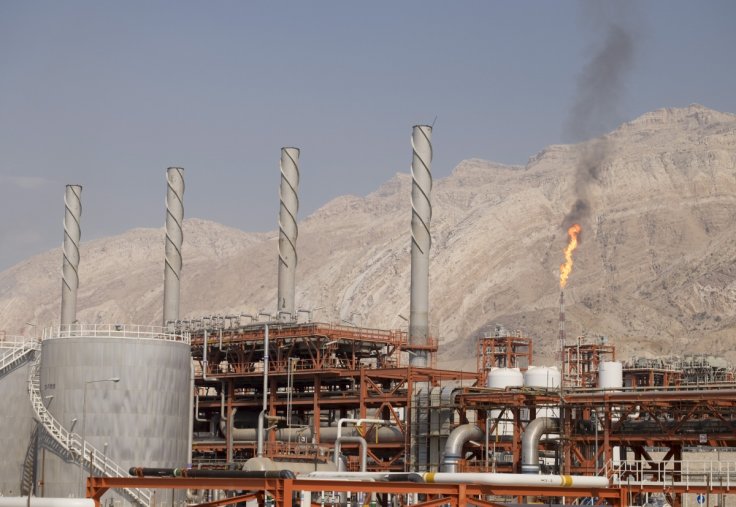
In a quest to materialize the concept of free energy, a team of scientists has successfully extracted hydrogen from natural bitumen and oil fields. Experts believe that this new technology will help to produce hydrogen on a larger scale which will, in turn, solve the problem of potential energy crisis in the future.
Hydrogen is considered as a very efficient transport fuel, and interestingly, it does not cause any kind of pollution in the earth's atmosphere. Hydrogen extracted through this new process can be used as a fuel for hydrogen-powered vehicles which are already very popular in some countries.
It should be noted that this new process can be used to extract hydrogen from existing bitumen (oil sand) reservoirs, and can be also used in mainstream oil fields to produce hydrogen instead of oil. Interestingly, this new process can be also implemented in abandoned oil fields where deposits are still there.
Even though hydrogen-powered vehicles have been in development for years, it is the higher cost to extract hydrogen that played a crucial role in diminishing its popularity. However, with the introduction of this new method, things are expected to take a new turn, and this new technology is considered more viable when compared to any other existing methods.
"This technique can draw up huge quantities of hydrogen while leaving the carbon in the ground. When working at the production level, we anticipate we will be able to use the existing infrastructure and distribution chains to produce H2 for between 10 and 50 cents per kilo. This means it potentially costs a fraction of gasoline for equivalent output," said Grant Strem, CEO of Proton Technologies, the company that is commercializing the process, in a recent statement.
A few months back, another research conducted by scientists at Purdue had suggested a new technique which will help to turn plastic into fuel. The study report revealed that the implementation of this new technique will help to transform nearly a quarter of earth's plastic waste into fuels like gasoline and diesel-like fuel.









